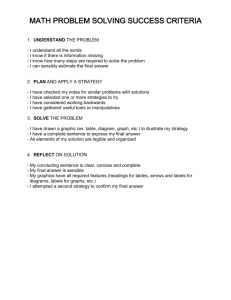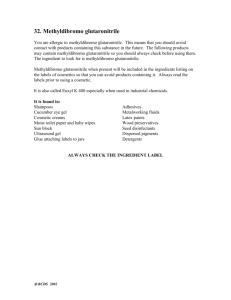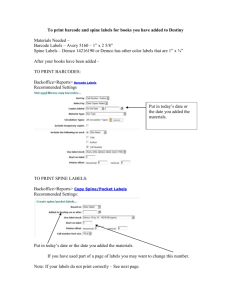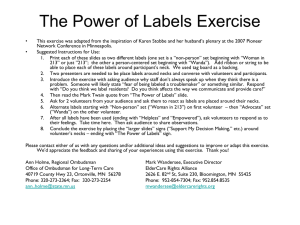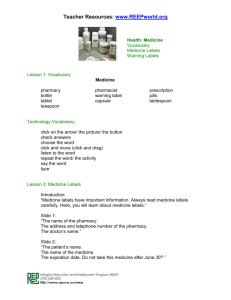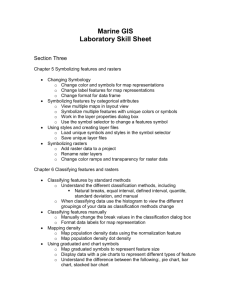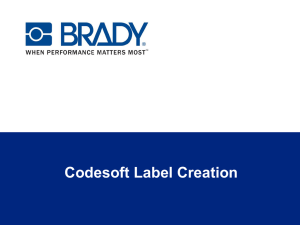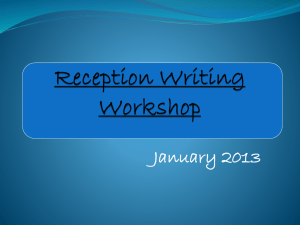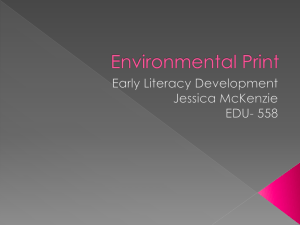What young people think about labels
advertisement
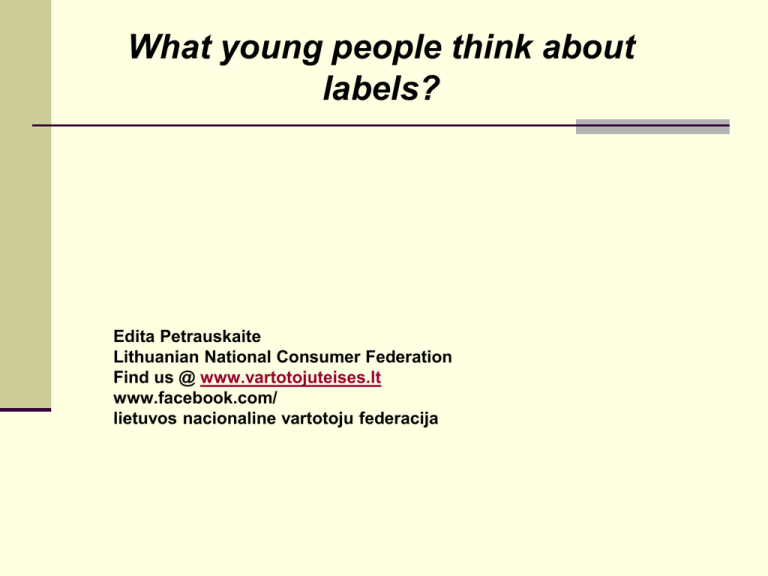
What young people think about labels? Edita Petrauskaite Lithuanian National Consumer Federation Find us @ www.vartotojuteises.lt www.facebook.com/ lietuvos nacionaline vartotoju federacija OUTLINE Description of the study Attitudes and behaviours towards alcohol consumption Information tools Conclusions OBJECTIVES Identify general consumption behaviours of young people toward alcohol beverages depending on the circumstances. Determine the level and sources of knowledge of the dangers related with alcohol consumption. Collect youngster’s views and opinions toward different prevention tools and labelling of alcohol products. METHODOLOGY Participating countries: Belgium, France, Spain, Lithuania, Hungary, Romania. Average number of participants in the focus group - 10. Number of focus groups arranged – 14 (2 per country); Total number of participants – 126 (male and female aged between 18-25) SELECTION OF PARTICIPANTS Groups were formed according to specific social – demographic criteria, such as age (18-25) and occupation (students, workers and unemployed); All the participants represented a public that drinks and can be affected by alcohol (regular consumption). MOTIVATION Partying Tasting MOTIVATIONS Asserting oneself Relaxing Consumption patterns First-time alcohol consumption -Age -Circumstances -Types of alcohol First time drunkenness -Age -Circumstances -Types of alcohol Consumption patterns First-time alcohol consumption “I was with my family, I was little, 10 or 12 years old, I was given a bit of champagne. In fact, I wanted to behave like adults...” Female (France) “When I was a child I used to taste alcohol from my parents or from the guest glasses” Male (Romania) ““I began drinking with my family when I was very young. According to a video, I was two years-old, there was a lot of champagne on the tables, I emptied what was left in the glasses, I know it seems to be young… From the age of 12-13, I drank champagne… Later, from the age of 14, I started to go to nightclubs with my friends… At that time, we used to drink vodka, and also tequila shots. It happened that I was completely “dead drunk” in the nightclub, almost in a comatose state, I think that everybody has had a similar experience”. (France) First time drunkenness “The first time that I drank, I was 14. Several months later, I got plastered… with tequila”. Male 19 (France). He also admitts he experienced a state closed to alcoholic coma several times a year. “During family meetings, we drink wine to savour it but when we are with friends we just drink to get drunk”. Female (Lithuania) “At my 19th birthday party, I have been drunk and sick for the first time. I mixed wine and beer” (Romania) Perception and risk of knowledge Mostly aware of short term risks, dangers (road accidents, comas, unwanted sexual relationships…). They are generally unaware of long- term health hazards (diseases and addiction). Information sources Mass media campaigns Education at school, families Preventive labels Alcohol labels perceptions Standard unit labels Some respondents were suspicious about the usefulness of health warnings. “We already know the risks. Writing them on bottles is useless. We already know that people die of it…” Female (France) If labels were used, the informative ones (e.g. facts, statistics,) were considered as more relevant. “It is necessary know the pros and cons of alcohol consumption, how drinking this much of a bottle will affect you for example.” Male (Spain) “Showing physical damages pictures is interesting, it means that alcohol not only causes cancer but also physical damage” Female (France) “I’m seriously thinking that, for the first time, I could start looking at the label to see what is in the wine that I buy” Female (Spain) Alcohol labels perceptions If images were used, the ones with humoristic labels were appreciated. There were suggestions to add a link of website for additional information. There was some opposition to the idea of putting shocking images on a bottle. “I would not like to see these disgusting images on any products, this makes me sick” Male (Lithuania) “I don’t want to see a crap picture on my champagne bottle. French heritage is sacrosanct” Male (French). Alcohol labels perceptions 2 Other suggestions: Education through parents and at school. Particularly about the harmful effects of alcohol. Price increase and limited availability. Main conclusions Respondents start to drink at young age. The motivation appears in the context of partying, tasting, relaxing, gaining self-confidence leading later to addiction, diseases. Young people are aware only of short-term risks. But therefore would like to be more informed about long term risks. There is a lack of knowledge among young people about the effects to their health. Main conclusions Generally, young people agree that more information on the dangers of alcohol is needed. If labeling was used, they prefer to see informative warnings (facts, statistics) or comic (attractive) images. As an alternative to labels, they offer more active media activities, educational information at schools. The use of health warning messages informing about long-term effects of alcohol consumption could come as a complement to a more comprehensive prevention strategy. Thank you for attention! Edita Petrauskaite Lithuanian National Consumer Federation Find us @ www.vartotojuteises.lt www.facebook.com/ lietuvos nacionaline vartotoju federacija Standard unit labels Warning messages Drink drivers kill 10.000 innocents in the EU every year 1 in 4 of all road deaths involve alcohol Labels Shocking images
